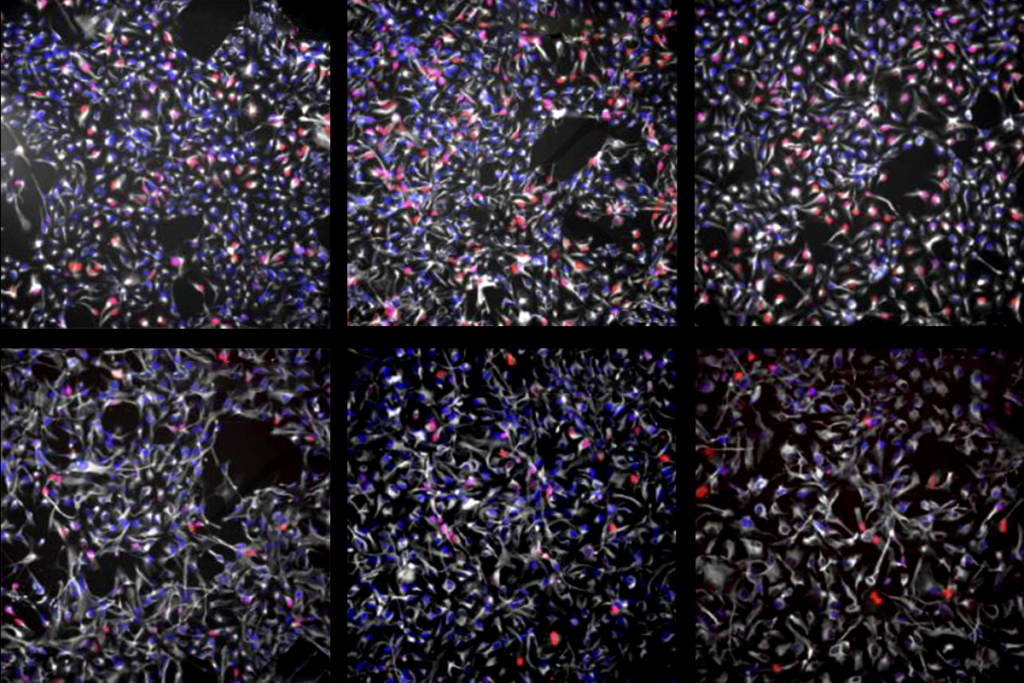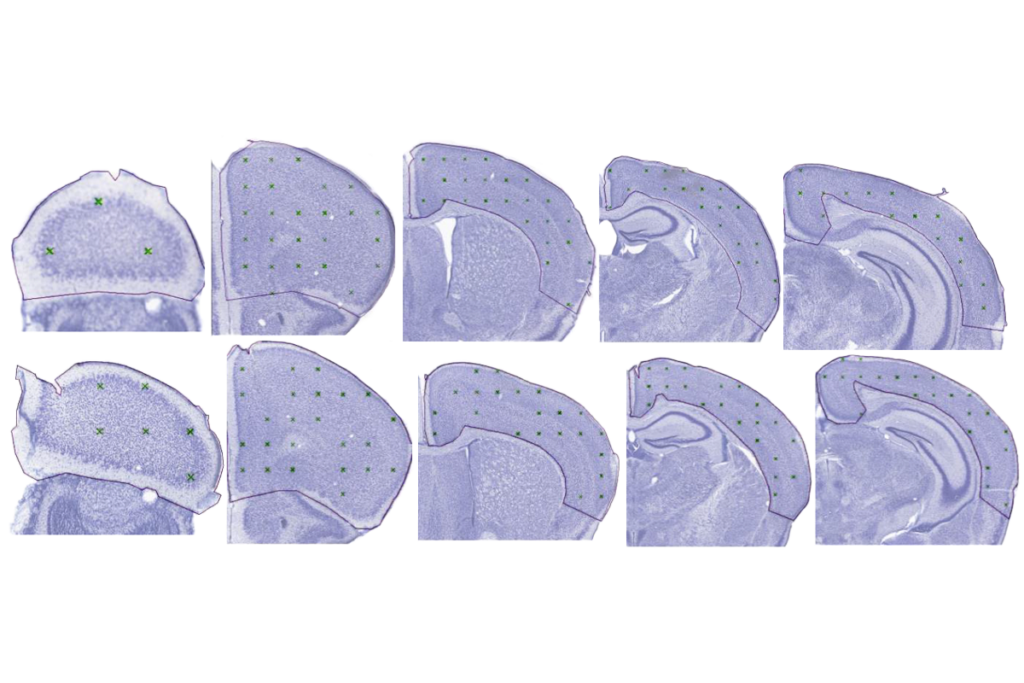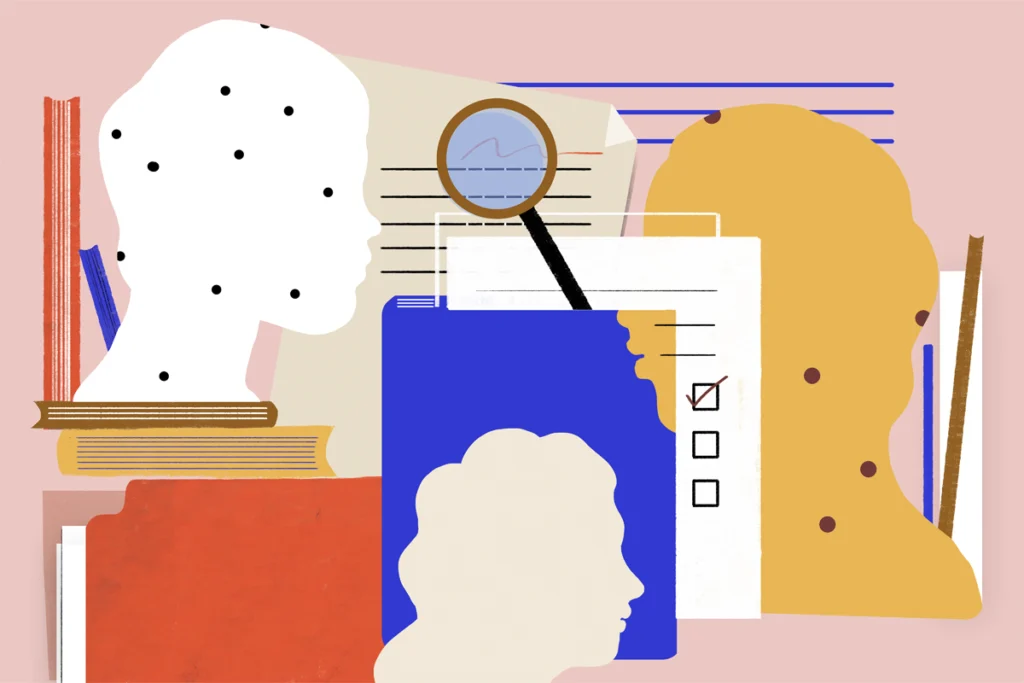Daisy Yuhas commissions and edits stories for Spectrum on The Transmitter. A freelance science journalist and editor based in Austin, Texas, she has edited features, news and opinions for multiple publications, including SAPIENS and Scientific American MIND. Her writing has appeared in The New York Times, Scientific American, Audubon, The Hechinger Report and Symmetry, among other outlets. (Photograph by Brio Photography)

Daisy Yuhas
Contributing editor
Spectrum
From this contributor
Perspectives from the field: Opinions in autism research
This collection of Spectrum articles from the past 12 months highlights expert perspectives on autism’s heritability and its link to biological sex, the value of transdiagnostic frameworks, and the field’s future, among other topics.

Perspectives from the field: Opinions in autism research
Genetic testing; LSD1 inhibitors; and more
Here is a roundup of autism-related news and research spotted around the web for the week of 30 June.
Dosage of X or Y chromosome relates to distinct outcomes; and more
Here is a roundup of autism-related news and research spotted around the web for the week of 23 June.

Dosage of X or Y chromosome relates to distinct outcomes; and more
Reporter’s notebook: Highlights from INSAR 2025
The annual meeting brought autism researchers, advocates and clinicians to Seattle to discuss the latest research, including attempts to define subgroups, a potential new CHD8 macaque model and life expectancy gaps.
Spectrum 2024: Year in review
We round up our most notable autism stories of the past 12 months.
Explore more from The Transmitter
Two primate centers drop ‘primate’ from their name
The Washington and Tulane National Biomedical Research Centers—formerly called National Primate Research Centers—say they made the change to better reflect the breadth of research performed at the centers.

Two primate centers drop ‘primate’ from their name
The Washington and Tulane National Biomedical Research Centers—formerly called National Primate Research Centers—say they made the change to better reflect the breadth of research performed at the centers.
Post-infection immune conflict alters fetal development in some male mice
The immune-conflict between dam and fetus could help explain sex differences in neurodevelopmental conditions.

Post-infection immune conflict alters fetal development in some male mice
The immune-conflict between dam and fetus could help explain sex differences in neurodevelopmental conditions.
Three ecological psychologists on the right and wrong ways to use the field’s principles in neuroscience
Matthieu de Wit, Luis H. Favela and Vicente Raja weigh in on the recent trend of neuroscientists importing concepts from ecological psychology, the study of how an organism’s interactions with its environment explain perception and action.
Three ecological psychologists on the right and wrong ways to use the field’s principles in neuroscience
Matthieu de Wit, Luis H. Favela and Vicente Raja weigh in on the recent trend of neuroscientists importing concepts from ecological psychology, the study of how an organism’s interactions with its environment explain perception and action.


